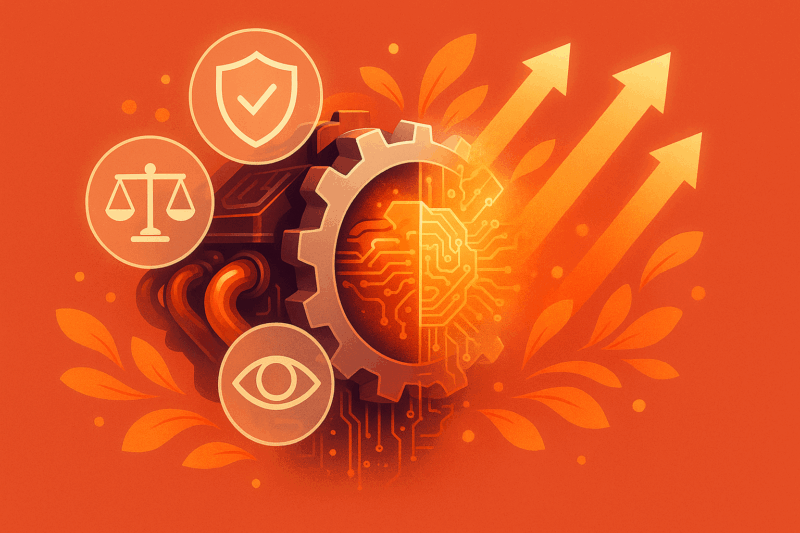fromBusiness Insider
2 weeks ago'AI fatigue is real and nobody talks about it': A software engineer warns there's a mental cost to AI productivity gains
"We used to call it an engineer, now it is like a reviewer," Khare told Business Insider. "Every time it feels like you are a judge at an assembly line and that assembly line is never-ending, you just keep stamping those PRs." Khare wrote a lengthy essay titled "AI fatigue is real and nobody talks about it." In it, he wrote that AI fatigue is "the kind of exhaustion that no amount of tooling or workflow optimization could fix."
Artificial intelligence


